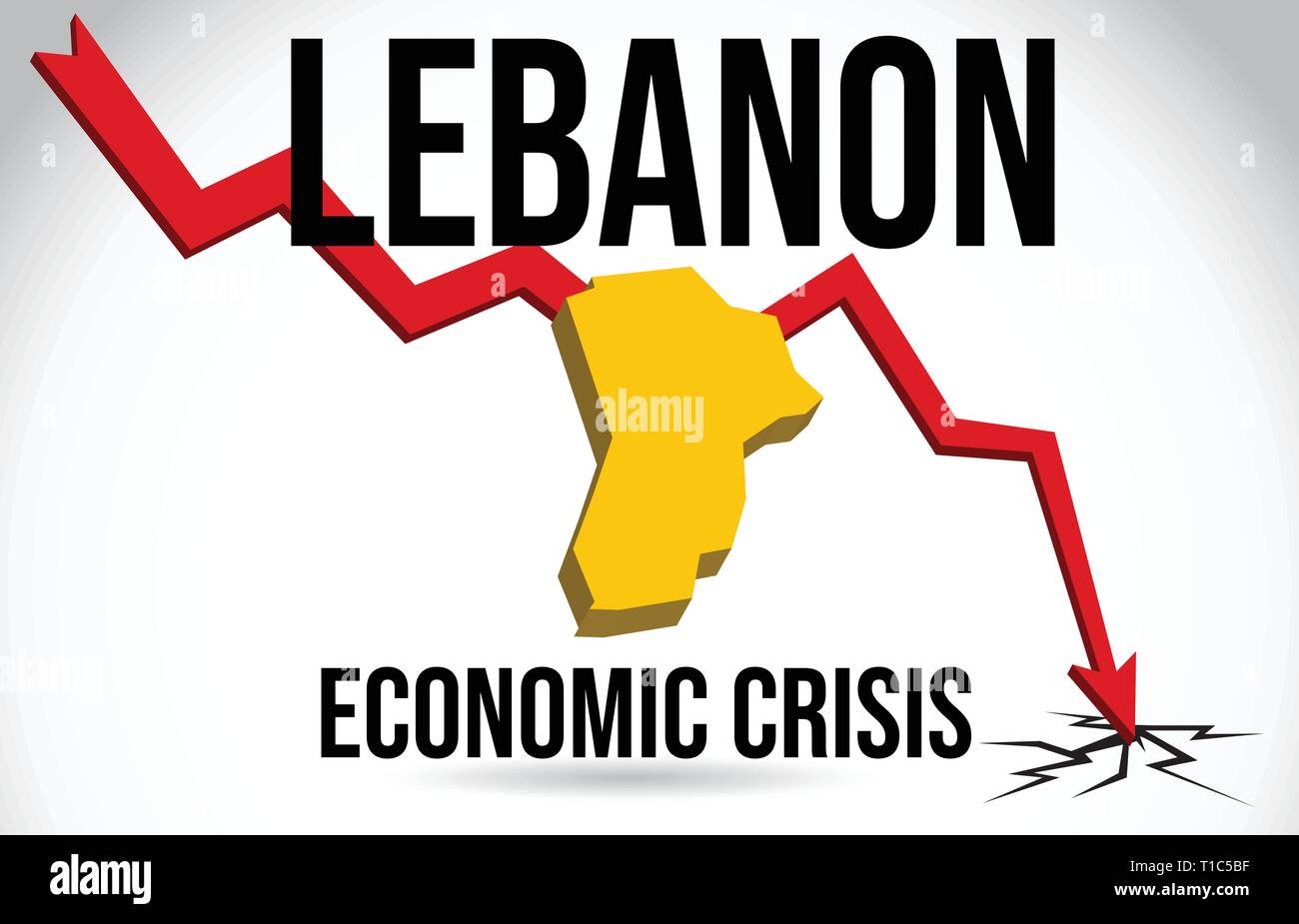Amid economic collapse, the Lebanese farms attempt to provide food security for the Lebanese people to avoid a nationwide famine.
At 11 am, Erica Accari retreats to the shade from the energy-zapping 36C (96.8F) heat radiating from her farm in eastern Lebanon.
She started her day at 6 am, irrigating the 6,000 square meters (64,600sq ft) of mainly vegetable crops before checking all the plants for any disease, then transplanting new seedlings for the next season.
Originally from Tripoli in Lebanon’s north, Accardi co-founded Turba two years ago with Jehane Akiki, who runs Farms Not Arms, a project that aims to heal social divides through agriculture and highlight the important role Syrian refugees play in farms across the country.
Together they designed a system for a piece of land that would grow three times more than conventional farming, winning the pair $25,000 in the Rockefeller Foundation Food System Vision Prize to start their farm.
Once part of a team of four before three migrated from Lebanon, Accari is now tending to the entire summer harvest – including tomatoes, eggplant, and squash – by herself, alongside the Syrian refugee family residing on the land.
So while farmers around the world are struggling with rising fertilizer prices and shortages because of sanctions on top fertilizer producer Russia following its invasion of Ukraine – and while warnings of food insecurity echo across the globe – Turba is sheltered from the changing market.
“This is why this type of farming is so important because with regenerative farming you’re bringing the soil back to life, and the more alive your soil is the cleaner your water is, and vice versa.”
Not only is the soil at Turba now healthier because of using natural pest control but the structure and nutrients in it also benefit from the amount of compost Accardi uses – along with crop rotation according to the seasons and planting winter cover crops such as oats and vetch to combat erosion when it rains.
“Some people think land degradation is land becoming a desert, but it’s not the case. It is when you have soil which you have exhausted from your inputs such as fertilizers, that it becomes less productive,” Machlab explained.
Now they only seem shocked that her methods of farming are so productive, allowing Turba to distribute weekly vegetable boxes and sell them at three food markets in the capital Beirut and the local area.
The actions of the young Lebanese people to ensure the safety and food security of their people are inspiring. Despite sectarian clashes, and animosities among religions, the young generation in Lebanon is proof that the nation can transcend these differences and create a successful state for its citizens.



















